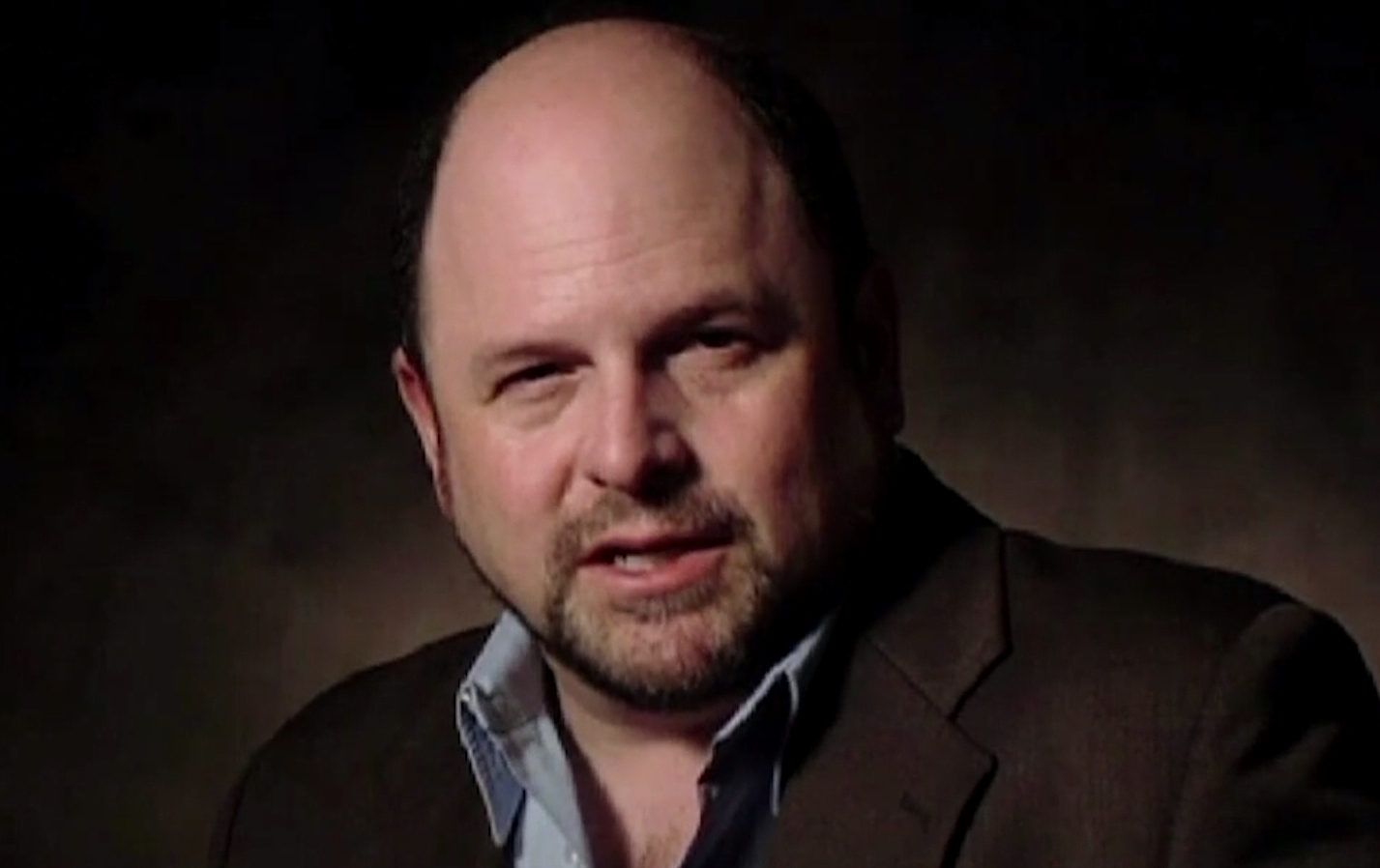
Playing Your Role: A Middle East Peace Drama by Jason Alexander
The Middle East is a very difficult stage to play upon. Without doubt, it is a good drama. And on occasion, there are situations so unimaginable, if not ludicrous, as to make them almost comic. But the cast is constantly changing, the audience is often disengaged and it seems at times that no one is actually running the show. So, how does one find their role?
On May 16, I will be joining a panel of experts organized by the OneVoice Movement at 92Y in New York City to explore this very point. We will discuss what civil society can do to rekindle and fuel the hopes for peace between Palestinians and Israelis. I am, by no means, one of those experts. Nor need I be to understand the importance of this cause and the value of participation from people in all walks of life — both directly engaged in this conflict and supporting from the outside.
I found that looking at the Israeli/Palestinian conflict from an outside vantage point was actually quite distancing. The history of the conflict, the personalities, the violence, the distrust, and the seeming lack of viable solutions made meaningful involvement feel impossible. What changed that, for me, was changing the vantage point.
I’ve visited the region several times, many with OneVoice during delegation trips, and each time my interest and activism in this conflict increased because I not only saw and heard with my own eyes and ears, but through those living the conflict daily.
Event number one: while visiting a kibbutz in the north of Israel, I learned of an interesting exchange during a security patrol. The kibbutz is situated on a hill at the bottom of which sits an Arab village in Lebanon. Despite the ongoing struggles, the kibbutz and the village had been good neighbors — sharing resources, celebrating each other’s holidays and generally looking out for each other. Then, a fundamentalist group came into the village and forcefully took over day-to-day operations.
To the outside observer, the two environments were now deadly enemies. One night on patrol, the security team for the kibbutz encountered an elderly man from the village who was about to fire two mortar rockets into the kibbutz. The team confiscated the rockets and then realized that they all knew this man. They reminded him of how they had all been such good neighbors, how their children all played together, of how they had spent many happy times together and then asked the man why he now hated them so much that he would attack them. The elderly man answered, “I don’t hate you. There is no work. There is no income. The fundamentalists pay me seventy-five dollars for each rocket I fire at an Israeli target. For one hundred and fifty dollars, I can support my family for six months. I cannot say no. But I have no hatred for you. In fact, give me the rockets and give me the one hundred fifty dollars and I will fire at the fundamentalists”. This “conflict of ideologies” was no such thing. This was a desperate act of survival.
Event number two occurred in Los Angeles in the mid-90’s. OneVoice founders and board members Daniel Lubetzky and Mohammad Darawshe had come to talk about their vision for a new path to peace for Israel and Palestine. I was dubious. I thought this was merely an appeal for money that would be thrown cavalierly at an impossible project. But during their presentation, Mohammad spoke about why he chose to devote himself to OneVoice. He spoke of his young son, Fadi, and of how remarkable this boy’s dedication to goals had been. Fadi had promised his father that he would be the top student in his class, and succeeded. He promised he would be captain of the soccer team, and succeeded. And then one day, he came to his father and promised that he was going to be a martyr. He was twelve years old. Mohammad then spoke of how he would stop at nothing to make this goal one that his son would never keep. And as he was weeping, so was I. Mohammad was a father. I was a father. His child was my child. And I had to help.
Those are the stories that do not get told in this conflict. We on the outside do not get these glimpses of reality. We see and hear about Israelis and Palestinians only when they are defined by the global media as “occupiers,” “terrorists,” and “victims.” But we forget that they are fathers and mothers and sons and daughters and neighbors and doctors and shop-owners and farmers and students. It is those roles, those definitions that make possible the name of the organization I support — OneVoice. Because in those roles of family and community and shared interests, we do all speak with one voice — our voice of humanity.
At 92Y, OneVoice is unveiling its new strategic vision, the “Peoples’ Blueprint.” OneVoice is creating activists out of everyday people and forging links with local, national, and global stakeholders to create positive facts on the ground toward a two-state sol.
Article Source, Huffington Post: http://www.huffingtonpost.com/jason-alexander/onevoice-israelis-palestinians_b_3271691.html